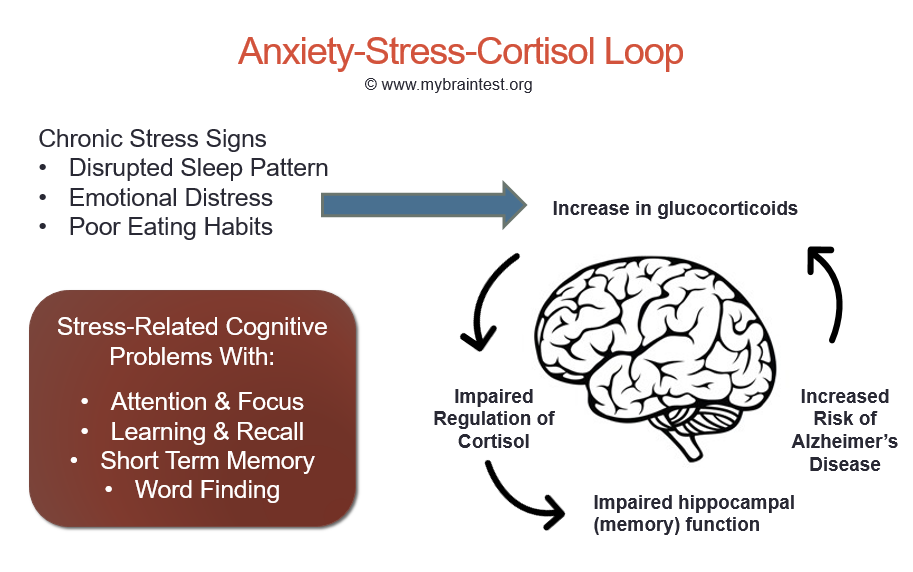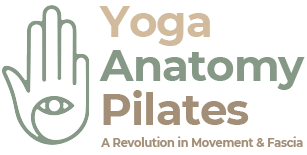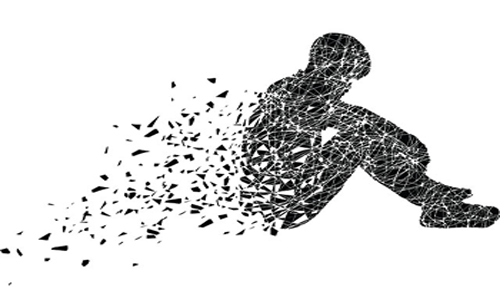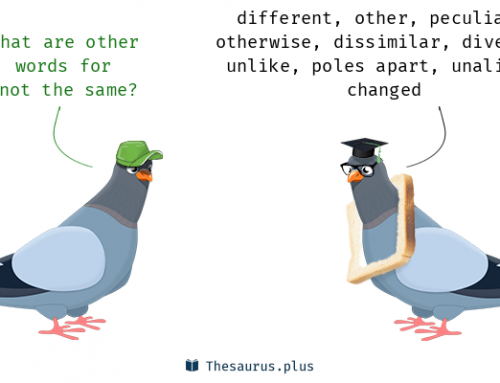Most of us are reactive; we experience two sorts of stress, within the work place and with families and colleagues. Ask yourself these questions?
- Do I react emotionally and emotions blow up?
- Do I complain about pressure I’m under, mostly to people who aren’t causing it?
- Do I pass the stress down the line, unloading it on to someone else?
- Do I turn my back on people who cause me the most stress, clocking them out as much as I can?
- Do I put up with the stress, until I get chance to unwind (e.g. going to the gum, cocktails?
- Do I put even more stress son myself and others, on the theory that it makes me stronger and more competitive?
Behaviors are unconscious and there is a stress feedback loop. You have a choice to intervene on that loop by changing the input and output at any time. The input is the stressor; the output is your response. You can perhaps reduce external noise and distractions around you at work. Both changes are on the input side. On the output side, you can improve your response to stress and stop passing it onto others, for example walk away from a stressful situations as soon as possible.

The easiest situation is to stop being the cause of stress to others. This involves more self-awareness. Becoming more self-aware is the closest thing we know of that can be called a panacea or cure all. Bad ways of handling stress is putting it onto to others. When we are stressed we pass on that stress onto other people. You become a stress when you make a habit of cruising and complaining. Complainers also find it hard to praise and appreciate others. You engage in stress when you seek perfectionism, looking for every T to be crossed. Even normal office behavior and forming cliques is a source of stress that is emotionally devastating. Hold your behavior up to the mirror and become a healer of stress instead. As you begin to become more self-aware you can approach harder choices.
Time management can also reduce stress in ways most people pay attention to. Varying your activity throughout the day opens many possibilities. Office work is sedentary and the human body is meant to move. Getting up off the office chair once an hour is so important.
Decades ago a Yale physiologist took student athletes and had them lay in bed for a period of time with little activity. Staying in bed is the traditional protocol for hospital patients recovering from surgery as well as new mothers. After two weeks in bed the athletes lost an equivalent of two years training as their muscles wasted away. Unexpectedly, it wasn’t simply staying in bed that caused the damage – gravity played a part too. If the subjects stood up during the day, even doing minimal activity, most of the muscle wasting didn’t occur, which is the reason that postoperative and maternity care emphasizes moving as much as possible.

Besides movement we should space time for downtime and relaxation. This can be sitting quietly walking in nature, meditating or playing music. Watching the TV, scrolling through the IPad, computer or phone, watching sport will not rest the system. The harder choices are self explanatory, except for one, becoming a manager instead of a worker. According to the old punch line: “I don’t get heart attacks, I give them”. There is physiological truth in that. The more independent you are, the less you find yourselves following orders from above, the lower your stress level. This finding is unrelated to how many hours you work. The higher up the corporate ladder you rise the more likely you will love your job, but take your work home with you. People who love their jobs work an 80-hour week between the offices an home.
Working on deep psychological issues opens the possibility for psychical freedom, making you independent of your past and the scars that you carry around with you. These are meaningful choices that go beyond the limited definition of stress.
Bibliography
‘Super Genes’ – Deepak Chopra






